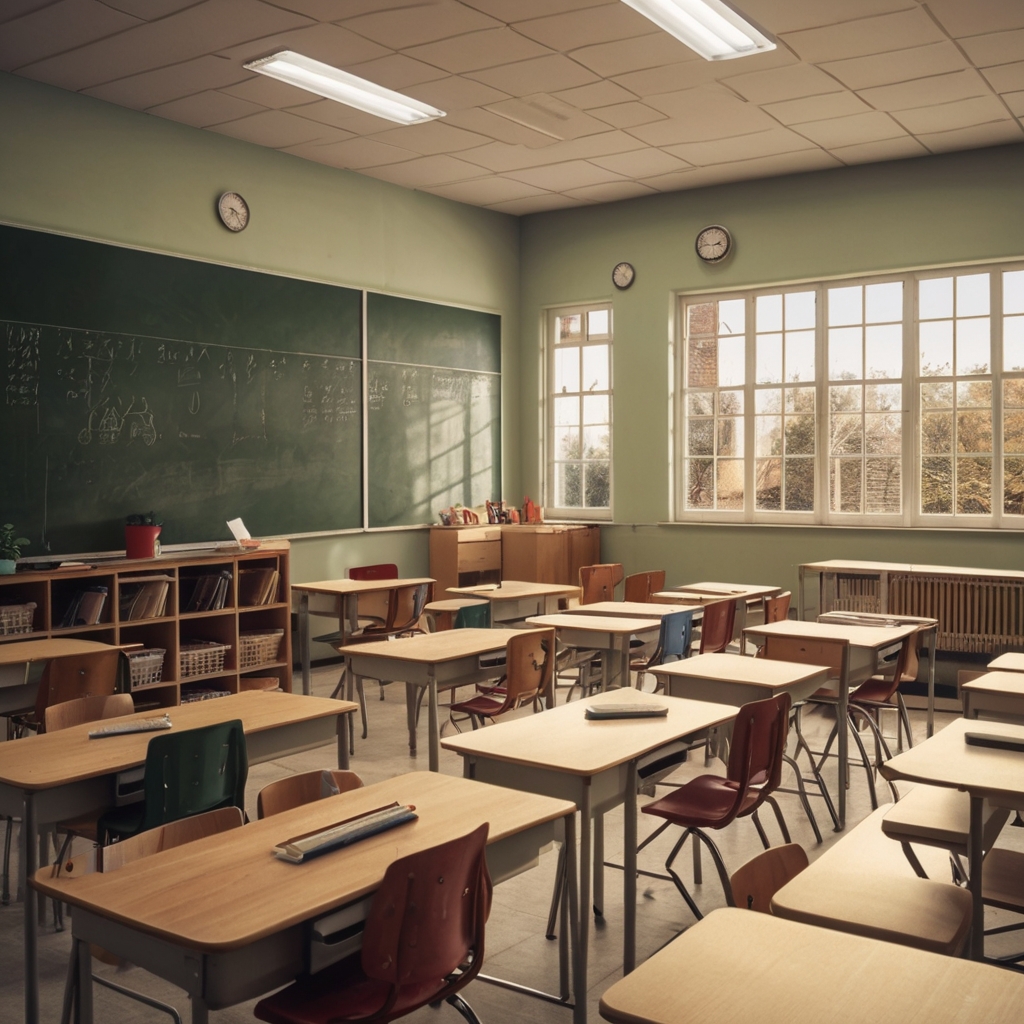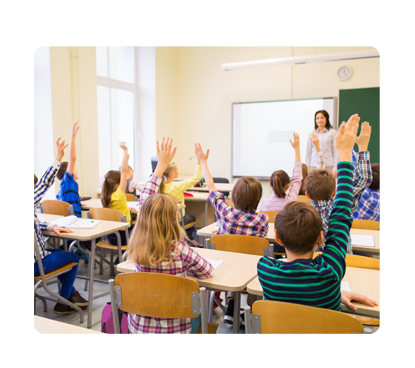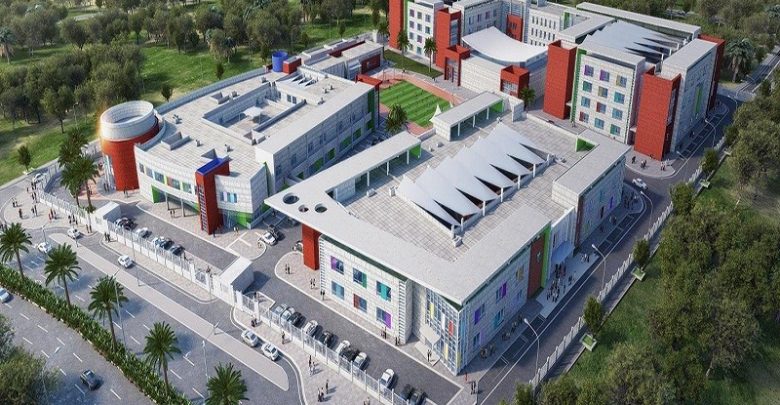Preparing a feasibility study for a private bilingual school requires a thorough and comprehensive analysis to ensure the success and sustainability of the project. The study begins with a comprehensive understanding of the target market, by identifying the number of potential students and assessing the area’s need for private education services. This is followed by a competitive analysis to assess the level of education provided by other schools, with a focus on identifying the differentiating factors that could give the proposed school a unique competitive advantage. The analysis also includes the financial aspect, by estimating the costs required to launch and operate the project, and estimating the expected revenues. The most appropriate sources of financing must also be identified, whether through angel investors, bank loans, or other financing options.

The private bilingual school project is considered an integrated educational institution that provides high-quality education and meets the needs of parents seeking distinguished education for their children. The project focuses on providing modern academic curricula that combine two different languages, while enhancing students’ linguistic, scientific, mathematical, and social skills. The importance of the feasibility study of a private school project is highlighted in identifying potential investment opportunities and evaluating the financial resources needed to establish and operate the project, in addition to developing marketing plans and strategies concerned with attracting target segments. The study also includes analyzing the market and competitors to identify strengths and weaknesses, identify potential opportunities and threats, and develop the best plans to address them. The feasibility study also sheds light on the equipment of educational buildings, the employment of human resources, drawing up their organizational structure, and setting performance indicators for them. In conclusion, the project feasibility study enables investors to make informed decisions about the project and helps them achieve the required strategic goals.



Developing students’ skills in Arabic and English.
Providing academic programs that focus on developing critical thinking skills.
Preparing students for higher education and the labor market with multilingual skills.
Focusing on developing creative and analytical thinking skills.
Providing individual academic and psychological support that suits each student’s needs.
Integrating sports and artistic activities to enhance the overall learning experience.
Equipping classrooms with the latest technological and educational tools.
Having programs for families and parents that enhance their participation in their children’s education.
Executive summary
Study project services/products
Market Size Analysis.


Investment in the Saudi private education sector grew by 3% in 2016, rising to 15.5% compared to 12.5% in 2015. The volume of investment in the private education sector increased in the five years, as the volume of investment in the private education sector reached approximately 10 billion riyals.